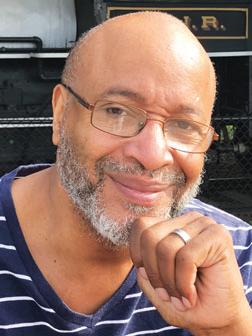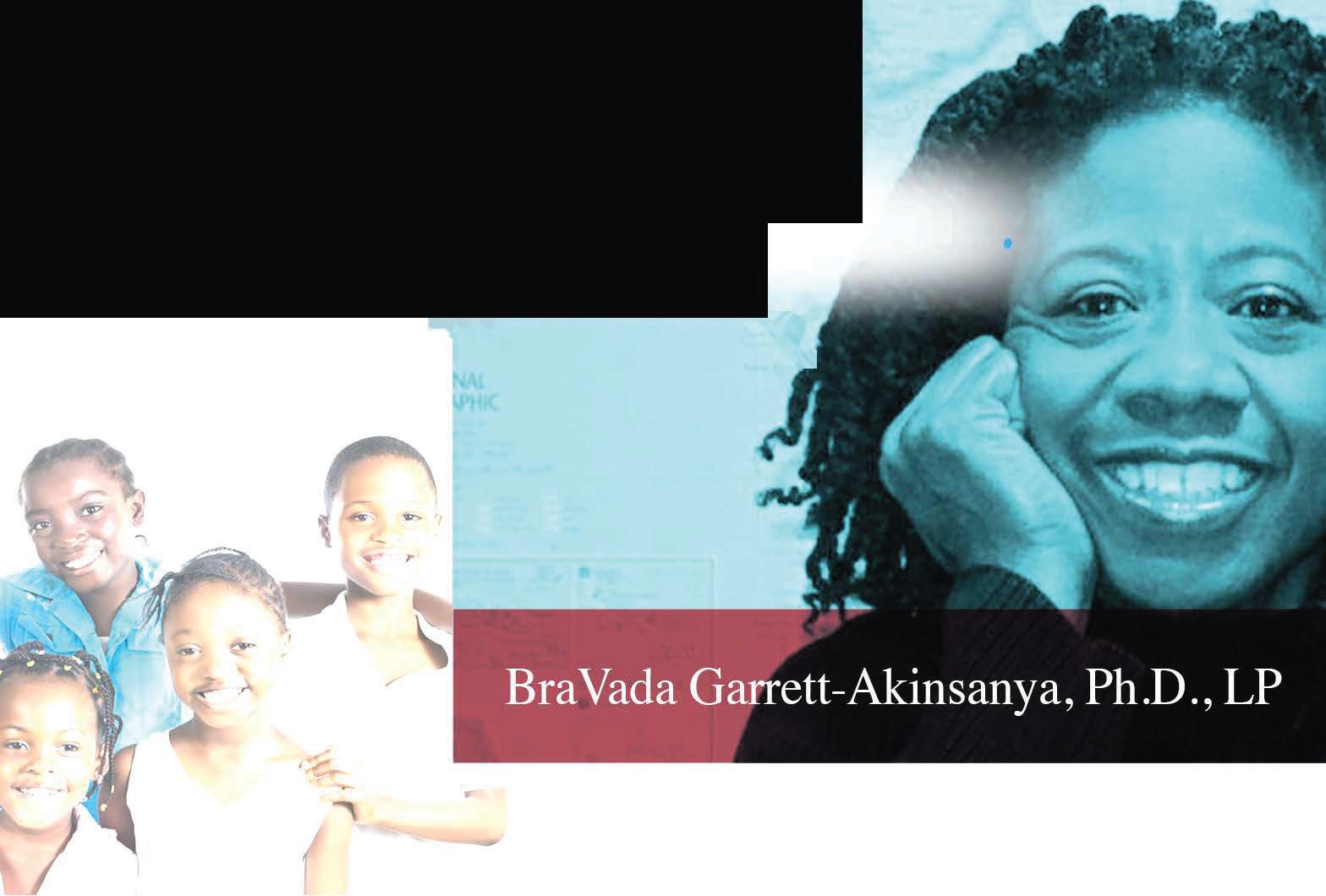
2 minute read
Black Women in Science
By: W.D. Foster-Graham Book Review Editor

Black Women In Science
By Kimberly Brown Pellum, Ph.D.
The role of Black women in our nation’s history can never be overstated. We have high-profile sistahs such as entertainment greats Aretha Franklin and Beyonce; civil rights leaders like Fannie Lou Hamer, Rosa Parks, and Coretta Scott King; sports figures like Althea Gibson, Serena Williams, and Brittney Griner; entrepreneurs like Oprah Winfrey and Linda Johnson Rice; and First Lady Michelle Obama and Vice President Kamala Harris.
As important as the aforementioned, if not more, are the contributions Black women have made through science. Often faced with barriers because of race and gender in the fields of science, sistahs refused to let those obstacles stop them from achieving great strides in their chosen professions. I think of a verse in the hymn “No Ways Tired,” the one that says, “Nobody told me that the road would be easy.” However, that doesn’t mean it’s impossible. That being said, it is an honor to present Dr. Kimberly Brown Pellum’s children’s book, Black Women in Science.
In her introduction, Dr. Pellum lays out her purpose in each biography: to educate and inspire. Coupled with that is an important message:
“Everything you need to succeed is already inside you.” As I read each biography, I was both educated and inspired. A few of the women I knew about; others were new to me, and each story provided something valuable to learn from. Though I will touch on each sistah’s role (past and present) in advancing science in this column, I encourage you and your children to read the entire bios:


Rebecca Lee
Crumpler—first African American woman to become a professional medical doctor.
Annie Turnbo
Malone—chemist and predecessor of Madame C.J. Walker, developing a line of personal hygiene and beauty products for Black women.
Bessie Coleman— first African American women to hold a pilot’s license.
Flemmie Pansy Kittrell—first African American to receive a Ph.D. in nutrition from any school, identifying the relationship between nutrition and early child development.
Mamie Phipps Clark—built the first full-time guidance facility for kids, the Northside Center for Child Development, in Harlem in 1946. Her expert testimony was a factor in the historic Supreme Court case Brown vs. Board of Education.
Katherine Johnson— mathematician, rocket scientist, and human “computer” at NASA, her math calculations and formulas were crucial in launching John Glenn’s orbital flight of the earth in 1962.
Jane Cooke Wright—the “Godmother of Chemotherapy,” she developed treatment options for cancer patients, as well as techniques to help patients avoid surgery.
Margaret Strickland Collins—first African American entomologist, third female African American zoologist.
Gladys West—her research established what we now know today as the global positioning system (GPS).
Annie J. Easley— rocket scientist and lead team member that designed the first high-energy, upper stage launch vehicle.
Patricia Bath—first African American doctor to be awarded a medical patent for her invention of the laserphaco, used to treat cataracts.
Alexa Irene Canady— first African American woman to become a neurosurgeon in the U.S.
Mae Jemison— astronaut and first African American woman to go into space.
Renee Gordon— STEM Program Director at Tallahassee Community College, she has a Ph.D. in mechanical engineering and was a Fulbright Fellowship recipient. Gina Presley— forensic scientist, currently the Huntsville Regional DNA Technical Leader for the Alabama Department of Forensic Sciences.
Dr. Pellum specializes in the history of “women, Black colleges, and the struggle for African American freedom.” She is a graduate of Howard University with her degree in U.S. history, teaching it as a college professor. I appreciate the fact that many of the women in her book were graduates of HBCUs, and the encouragement they received from their families to follow their passion. Indeed, her dedication to her mother Linda Grace Brown is testimony to the importance of strong and positive role models for young Black women and girls.
Black Women in Science is available through Amazon and Rockridge Press. Thank you, Kimberly, for being the vehicle for these stories to be told. Our history is American history, and if we don’t share our stories, who will?










